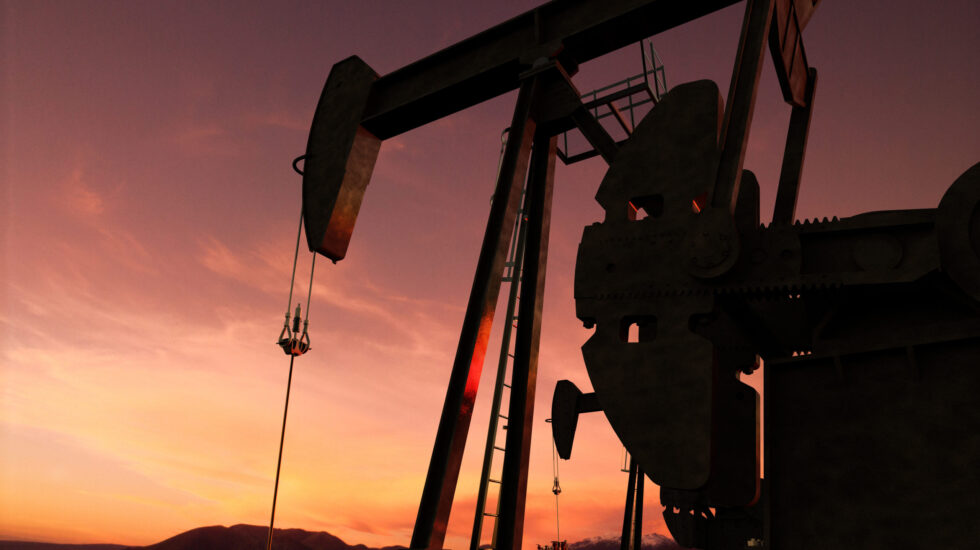American motorists can look forward to lower gas prices, thanks to a fierce new price war between crude-oil giants Saudi Arabia and Russia. That’s the upside.
But there’s a big downside: the impact on the world’s economy of an all-out price war amid the global struggle against coronavirus.
The Saudi Aramco oil company announced on Tuesday that it will push crude shipments even beyond its production capacity, to more than 12 million barrels per day (bpd) beginning April 1, apparently by drawing on its stored reserves. The current Aramco production rate is under 10 million bpd.
Aramco will also resume production from oilfields it operates jointly with neighboring Kuwait.
Russia’s energy minister offered the Saudis an olive branch of sorts, proposing renewed negotiations.
But his Saudi counterpart, Prince Abdulaziz bin Salman, says it’s too late for that.
“I fail to see the wisdom for holding meetings … that would only demonstrate our failure in attending to what we should have done in a crisis like this and taking the necessary measures,” Abdulaziz told Reuters.
The original dispute was propelled by the drop in world demand for oil due to travel restrictions and quarantines imposed by China and other countries in response to the spread of the Covid-19 coronavirus.
But for Russian president Vladimir Putin there’s another motivation.
“Putin’s goal is to wrest market share back from American frackers, whose debt-fueled growth caused Russia to lose its title in 2018 as the world’s largest oil producer,” says CNN Business.
“This is a response to try to cripple the U.S. shale industry,” Matt Smith, director of commodity research at the energy research firm ClipperData, told CNN Business.
The Royal Bank of Canada (RBC) issued a warning about damage to the global oil market, reports The Hill.
“Price wars and pandemics are nothing new to the commodity markets, but both occurring simultaneously is something we have yet to witness in our careers,” RBC analysts said in a note.
“Such action will test the market’s self-balancing mechanism absent the backstop of OPEC, a mechanism that has not been tested since the U.S. shale boom was in its infancy.”
Crude prices rebounded somewhat on Tuesday, after sharp declines after the Saudi-Russia despute erupted on Monday. But many observers are pessimistic.
The Hill’s opinion writer Simon Henderson foresees a “train wreck in the oil market,” predicting that “there will be casualties.”
“Isn’t a low oil price good for the economy of the United States and many other countries?” Henderson asks. “Well, yes, but it’s not good if you work for an oil company, especially one of the shale oil companies that have transformed U.S. production in recent years, making us a net exporter.”
The problem for these shale companies, many of which operate by fracking in the West Texas-New Mexico oil patch, in North Dakota and elsewhere, is how to stay in business with prices driven low by Moscow and Riyadh.
“Many of the shale companies are marginal commercial operations. Some will survive, but many may not be able to withstand a period of being unprofitable,” Henderson writes.



